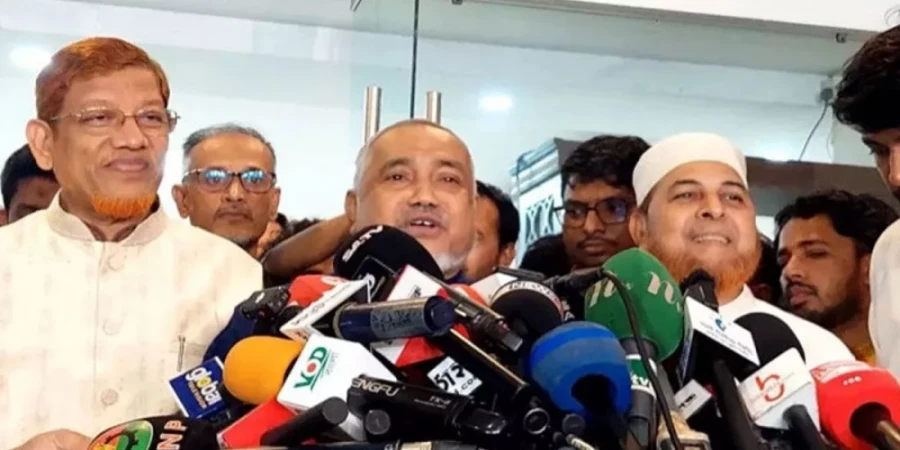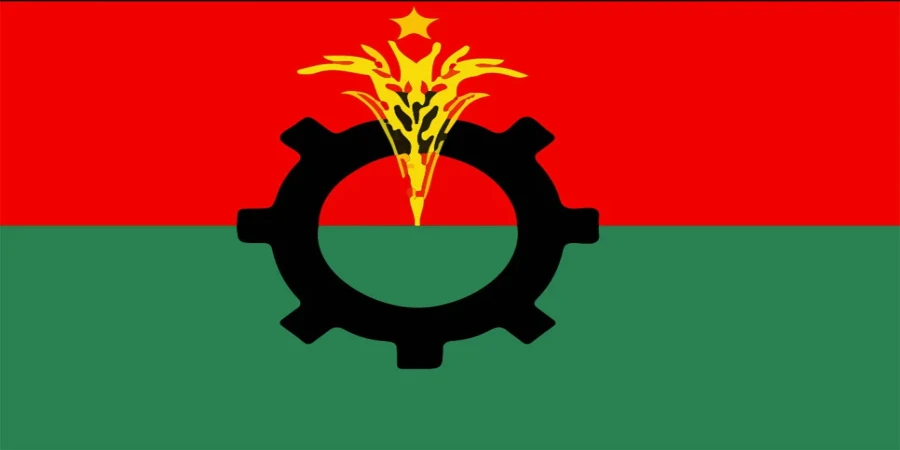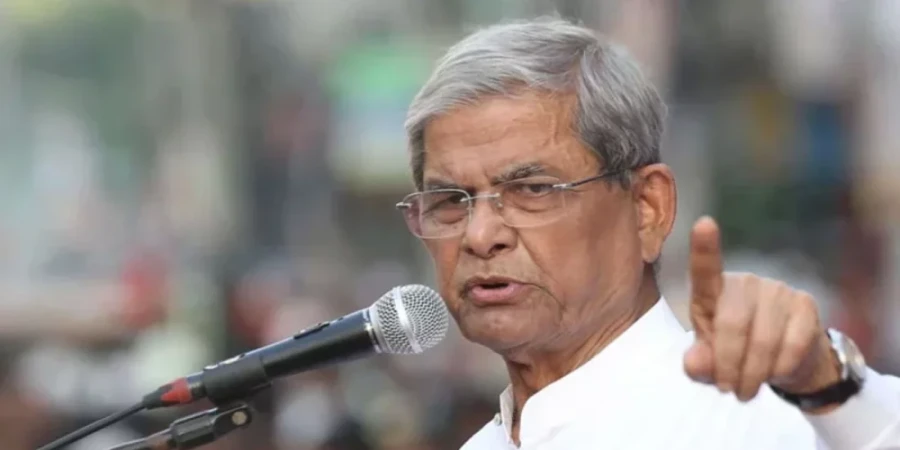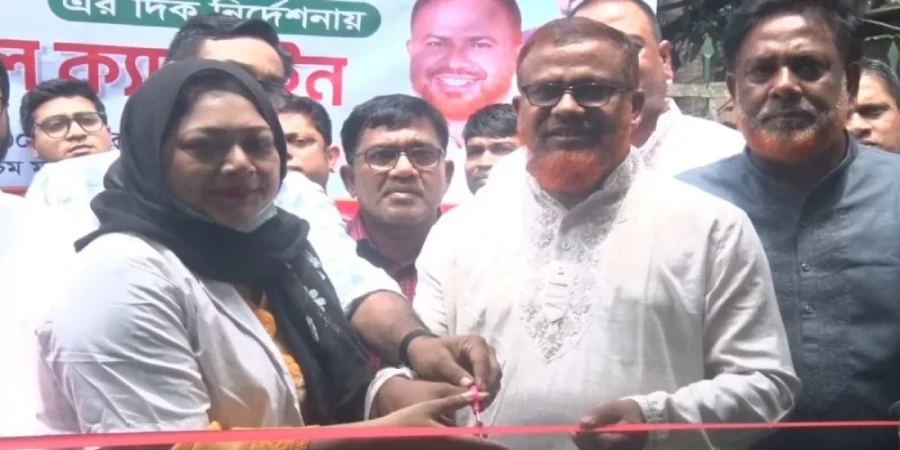
ছবি: Photo: Collected
In a call for political reform, Jamaat-e-Islami proposes a lifetime limit on the tenure of the Prime Minister, citing global precedents and growing consensus among parties during national dialogue sessions in Dhaka.
Bangladesh Jamaat-e-Islami has called for a major political reform by suggesting that no individual should hold the office of Prime Minister for more than ten years in their lifetime. The proposal, aimed at promoting democratic rotation of leadership, was raised by the party’s Nayeb-e-Ameer, Syed Abdullah Mohammad Taher, following a high-level political dialogue in Dhaka.
Speaking to the media on Sunday, June 22, after the second phase of discussions at the Foreign Service Academy between various political parties and the National Consensus Commission, Taher explained that limiting a person’s time in the country’s highest executive post would encourage power decentralization and strengthen institutional democracy.
According to him, the proposal was met with general agreement from most of the participating parties, except for three, indicating a growing alignment among political actors on the need to address leadership longevity. “We have long observed the complications arising from unlimited terms and suggested that no person should serve as Prime Minister for more than ten years across their lifetime. The majority of participants have supported this view,” said Taher.
He further emphasized that such a reform is not without precedent, noting that many democratic countries have implemented similar limitations to ensure political diversity and avoid power entrenchment. Jamaat-e-Islami sees this measure as necessary for Bangladesh’s political evolution, particularly in light of repeated concerns over governance fatigue, concentration of power, and weakening of checks and balances.
The dialogue session was part of an ongoing initiative led by the National Consensus Commission, which is engaging political parties and civil society to discuss institutional reforms in governance. Present at the session were several prominent figures, including Dr. Ali Riaz, a noted political analyst, and members of reform commissions across different sectors.
Among them were Abdul Muid Chowdhury, head of the Public Administration Reform Commission; Safar Raj Hossain, chair of the Police Reform Commission; Dr. Badiul Alam Majumdar, leader of the Electoral Reform Commission; former Chief Justice Emdadul Haque, head of the Judicial Reform Commission; and Dr. Iftekharuzzaman, who leads the Anti-Corruption Commission Reform initiative.
The discussions touched on broader structural reforms within the judiciary, law enforcement, electoral process, and public administration. Taher indicated that additional issues would be addressed in later sessions scheduled for the same afternoon, as the commission works toward framing a comprehensive national reform agenda.
Jamaat-e-Islami’s proposal is likely to stir debate within political circles, particularly regarding its implications for parties currently in power or those with long-serving leaders. Nonetheless, the suggestion reflects a broader concern over the concentration of authority in a single individual, a recurring theme in Bangladesh’s political discourse.
While the idea of term limits for top executive positions is common in many democracies, it has yet to be institutionalized in Bangladesh. The current constitution allows multiple consecutive terms for a Prime Minister without any lifetime cap. Critics argue that this system enables the consolidation of power and hinders leadership renewal.
Supporters of term limits argue that they create opportunities for emerging leaders, foster accountability, and reduce the risk of authoritarian tendencies. Opponents, however, often claim that such restrictions can deprive a country of experienced leadership and hinder long-term policy continuity.
The National Consensus Commission’s ongoing consultations may pave the way for a broader national dialogue on constitutional reform. As the discussion gains momentum, pressure may mount on the government to consider institutional checks on executive power.
The Jamaat leader’s remarks come at a time when public discourse in Bangladesh is increasingly focused on the need for governance reforms and political inclusivity. With elections looming on the horizon, the push for change is expected to intensify, drawing input from political parties, civil society, and international observers alike.
As the dialogue continues, it remains to be seen whether the proposal to limit a Prime Minister’s lifetime service to ten years will evolve from a political suggestion to a legislative initiative. However, the near-consensus expressed at the meeting may be an early sign of shifting perspectives within Bangladesh’s political landscape.
repoter





